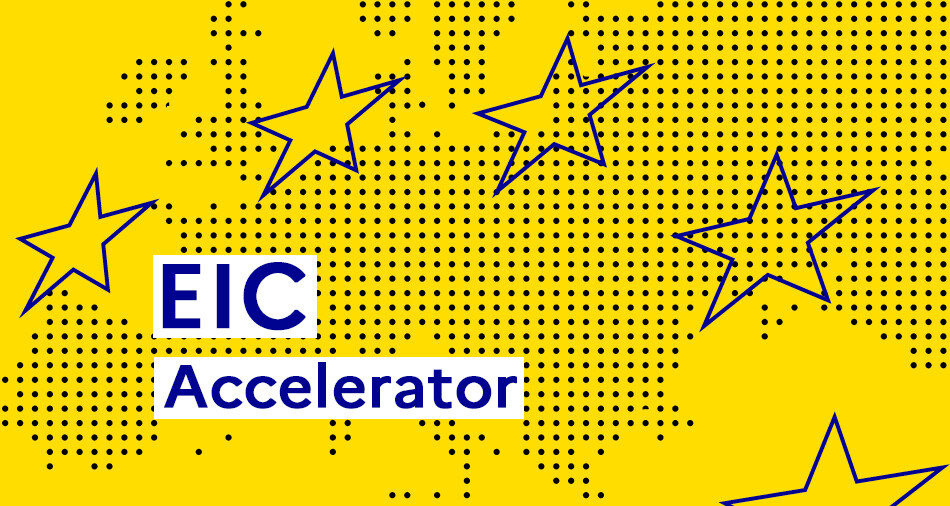ExpectedOutcome:
Development of organic and hybrid coatings, safe- and sustainable-by-design production strategies with enhanced functionality. This includes organic and hybrid coatings and additives to substitute PFAS type coatings. Due to significant technical and scientific challenges in several areas it has been difficult to find safer alternatives with the absence of hazardous additives. In the past, this has led to substance substitution with compounds that did not avoid the problem, but minimized it. Instead, a better approach is to cover the whole lifecycle of products and include avoidance of hazardous substances and the programming-in of sustainability along the product life cycle.
Projects are expected to contribute to the following outcomes:
- A set of computational tools (including first-principles-based, data-driven, physics based and hazard, transport and fate models) to be used for supporting Safe- and Sustainable- by Design of materials (e.g. organic coatings and additives to replace PFAS);
- At least 2 novel materials (including bio-based ones) assessed in terms of their performance (function), human and environmental hazards (end-points determined based on the application areas) as well as their carbon and water footprints, recovery and recyclability, and overall environmental impact (LCA). Reaching at least 25% reduction in environmental impacts with <20% cost increase for production;
- Contribute to the development of safe- and sustainable-by-design criteria and guiding principles and apply them to organic or hybrid coatings;
- Enhance the social acceptance of the new developed materials by evidence basis compiled for consumer attitudes towards, and willingness to pay for, products that are less harmful to the environment, are sustainable, low carbon etc.;
- Certification programme (or equivalents) for sustainable containing products, along the whole value-chain;
Integration into standardisation process and development of a roadmap to achieve full standardisation (of e.g. methods, protocols).
Relevant indicators and metrics, with baseline values, should be clearly stated in the proposal.
Scope:
The largest share of the organic coatings market belongs to a family containing Polyfluorinated Alkyl substances (PFAS), used in a wide variety of consumer and industrial products. Research will therefore target development of innovative PFAS-free materials with inherently surface active functions to be used for multi-industrial sector applications. (e.g. novel bio-based materials). The proposals should focus on integration of sustainable-by-design aspects including safety (toxicity), circularity and functionality of advanced coating materials and techniques (e.g. nanostructured self-healing or omniphobicity), throughout their lifecycle. Projects should include one or more of the following aspects:
- Materials design supported by in silico methods for predicting hazards (toxicity) and fate to reduce additive exposure/leaching to humans and the environment;
- Development of alternatives maintaining functionality as well as reducing hazard and/or exposure (persistence) profiles with the aid of modelling, in order to reduce animal and experimental testing;
- Development of assays and approaches to demonstrate the reduction of hazard and/or exposure profiles of the new (alternative) advanced materials in a streamlined and robust manner to support route to market.
The proposals, activities and approaches should cover both - specific considerations for the organic and hybrid coatings under study, as well as developing overarching best practices that spans broader sectors of safe- and sustainable-by-design materials. Proposals should involve all the actors in the value chain.
Proposals submitted under this topic should include a business case and exploitation strategy, as outlined in the introduction to this Destination.
Leveraging the extensive experience from relevant initiatives and aligning with other EU-funded projects targeting safe- and sustainable- by-design materials, in particular under CSA topic HORIZON-CL4-2021-RESILIENCE-01-08, is essential.
This topic is open for international cooperation where the EU has reciprocal benefit, while excluding industrial competitors from countries where the safeguarding of IPRs cannot be guaranteed.
Specific Topic Conditions:
Activities are expected to start at TRL 3 and achieve TRL 5 by the end of the project – see General Annex B.
Cross-cutting Priorities:
Digital AgendaInternational CooperationArtificial Intelligence





